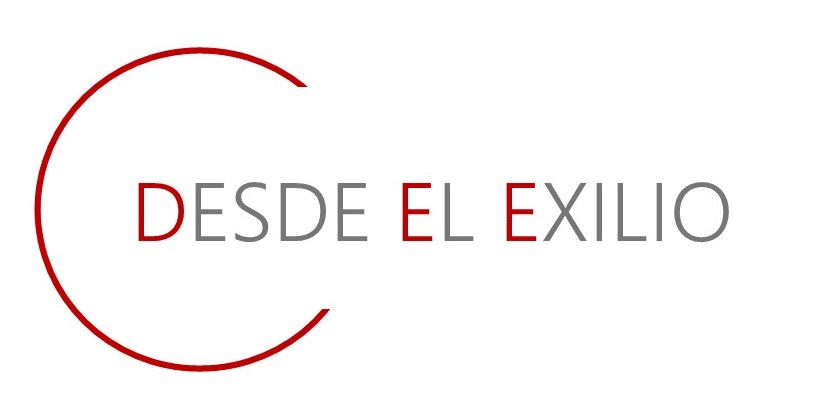Has climate change become a stark catastrophist vision of global doom? The existential risk paradox
At the core of today’s collective anxieties lies what I call the existential risk paradox.
As advances in science, medical research, genetics and technology are accelerating, human vulnerability to global hazards such as cosmic impacts, natural disasters, famine and pandemics has significantly decreased.
Simultaneously, the proliferation of democratic liberalism and free market economies around the world has dramatically curtailed the death toll associated with natural disasters and diseases.
A recent study confirms that the annual percentage of people killed by natural disasters has decreased tenfold in the last 40 years, in spite of the fact that the average annual number of recorded disasters increased fivefold. Evidently, open and technological societies are becoming increasingly resilient to the effects of natural disasters.
Yet the very same technologies that are serving us to analyse, predict and prevent potential disasters have reached such a level of sophistication and potency that their misuse can transform vital survival tools into destructive forces, thus becoming existential risks in their own right. The nuclear device that may protect us from a devastating asteroid impact can also be employed for belligerent purposes.
Genetic engineering that offers the prospect of infinite food supplies for the world’s growing population can be turned into weapons of bioterrorism.
And without the global utilisation of fossil fuels we would lack all trappings of modern civilisation and social progress. Yet, fossil fuels are regarded as dangerous resources that are widely blamed for economic tensions, wars and catastrophic climate change.
Existential risk perception
There seems to be some correlation between media exposure and existential risk perception.
The more people see, hear or read about the risks of Near Earth Object (NEO) impacts, nuclear terrorism or global climate catastrophes, the more concerned they have become. The mere mention of catastrophic risks, regardless of its low probability, is enough to make the danger more urgent, thus increasing public estimates of danger.
Scientists who evaluate risks are often torn between employing level-headed risk communication and the temptation to overstate potential danger.
The inclination to amplify a possible risk is only too understandable. Personal biases, as well as grants and funding pressures, are considerable motivating factors to hype a probable hazard; ;n many cases, funding is allocated on the basis of intense lobbying. This, in turn, can tempt researchers to aggressively promote their specific «danger warning» via the mass media.
Behind many alarms lurk vested interests of research institutions, campaign groups, political parties, charities, businesses or the news media, all of whom vie for attention, influence and funding in a relentless war of words.
Professional risk analysts disapprove of such scare tactics, and point out that the detrimental affects of apocalyptic-sounding alarms and the rise of collective anxieties are much costlier than generally presumed.
Whether individuals regard existential risks as a serious and pressing threat, or a remote and long-term risk, often depends on their psychological traits. Nobody has appreciated this conundrum perhaps better than Sir Winston Churchill who famously said: «An optimist sees an opportunity in every calamity; a pessimist sees a calamity in every opportunity.»
Lógicamente no lo traigo de un medio español. Lo pueden leer entero en BBC NEWS.





Pero ¿cómo osas meterte con el tema de moda en el progresismo patrio? Te apuesto algo a que en la próxima encuesta del CIS, el cambio climático es una de las 3 principales preocupaciones de los españoles…
Ánimo, tenemos que seguir luchando para que Zapatero no engañe a nadie más el próximo marzo…
Saludos.